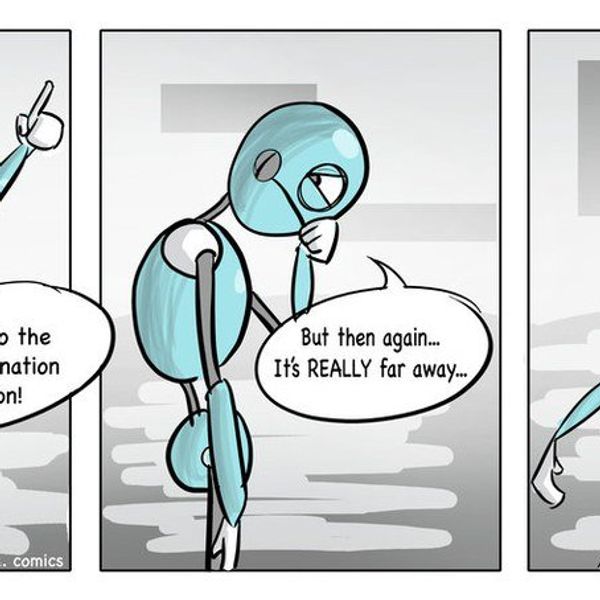The days of confused, messy drafts and countless hours, are over.
As an English major, I’ve written my fair share of essays. Of course, I’m no expert. But, when I see my friends struggling to put their awesome ideas into words, sitting for hours in front of a blank screen, I know it’s time to share my knowledge. This is a tried and true method!
If you have no idea where to start with your essay, start here
1. Spill your thoughts on your topic.
Use Bullet points, flowcharts, or whatever else works for you. The main point is to just capture everything you may want to write about. Don’t think about it too hard.
2. Organize Thoughts for Coherence.
You should be able to see a general theme repeating or weaving throughout your idea map. This will be what you build your thesis off of. Scratch repetitive, weird or unrelated ideas. Organize remaining thoughts based on logical argumentative order. For an example of logical order, start with your thesis concept, then follow it up with main ideas that are related to one another. Now you have an outline!
3. Make Your Thesis
The main idea that you determined before, your thesis, most likely needs some straightening out. Whether or not you’re writing a literary analysis or something science-y (I’m obviously so “science-y”), your thesis should be argumentative. Your thesis is on the right path if you can come up with a counter-thesis that could argue against it.
4. Find Resources
You want to add facts to back up every idea or claim that you make throughout your paper. Research and or quotes take up space, give ethos, and look good.
5. Write an Intro
Start with your thesis and explain it in more detail, summarizing your main points. Bonus points for including a quote.
6. Weave Quotes/Research into your Paper
No idea or quote should stand alone; they should build off one another. Weave quotes into your paper by following every quote with an analysis of it, or using parts of a quote, or research, within your sentence to add ethos to your claim.
7. Conclusion
Your conclusion should explain the “so what” of your thesis. Why should your audience care about anything you just said? Explain the relevance of your topic or push your ideas further, such as alluding to other research or adding a call to action.
8. Edit
It’s so easy to skip this step. Don’t do it. You made mistakes, and each typo makes your whole essay look messy. Reading your paper out loud is a great way to find typos or things that sound not quite right.
And now you’re done!





















